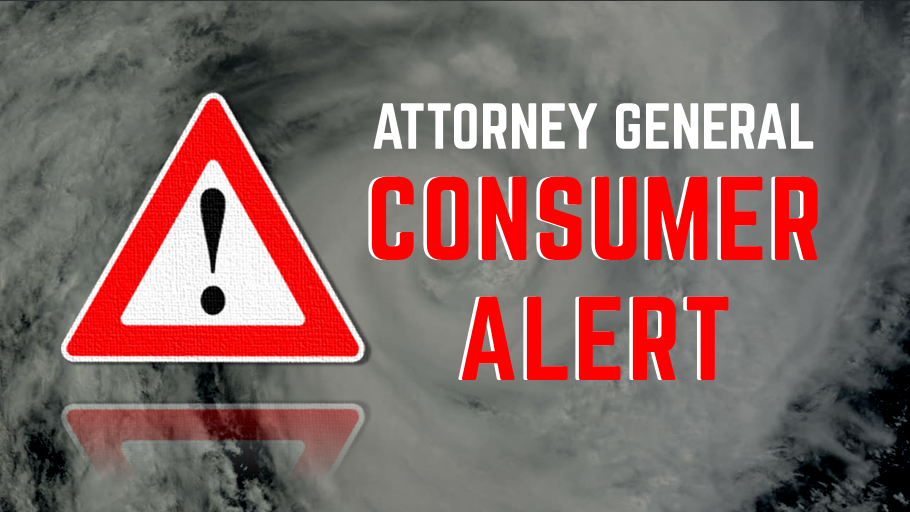CONSUMER ALERT: Attorney General Moody Issues Tips to Avoid FEMA Scams in the Aftermath of Helene and Milton

TALLAHASSEE, Fla.—Attorney General Ashley Moody is sharing tips with Floridians to avoid potential Federal Emergency Management Agency scams in the aftermath of Hurricane Helene and Hurricane Milton. Following natural disasters, fraudsters may pose as FEMA representatives and ask for sensitive information or request money in exchange for services. Scammers may also use a target’s personal information to apply for a FEMA grant and try to keep the money for themselves.
Attorney General Ashley Moody said, “Imposter scammers may pose as FEMA representatives and try to gain access to storm victims’ personal information and federal assistance. Floridians need to be on the lookout for FEMA scams and report suspicious activity immediately.”
There are at least two different ways FEMA fraudsters attempt to scam Floridians. One of the schemes consists of scammers posing as FEMA representatives and approaching a victim’s home. The imposter may claim to be a housing inspector or other official and attempt to charge the victim for disaster assistance, inspections or help filling out an application. They also may request sensitive financial information.
In another scheme, fraudsters already have access to the victim’s information. The scammers then apply for a FEMA grant themselves to keep the money.
To avoid falling victim to a FEMA scam, Attorney General Moody is offering the following tips:
- Understand that FEMA will never charge applicants for disaster assistance or help fill out applications;
- Know that a FEMA representative will not ask for banking information or an individual’s nine-digit registration number;
- If no application for FEMA assistance is being made but a solicitor claiming to be a FEMA representative offers help with an application, the solicitor is probably a scammer; and
- Ask solicitors to show identification—FEMA representatives always wear an official government badge to identify themselves.
Report fraud to the FEMA Disaster Fraud Hotline at 1(866) 720-5721, or email StopFEMAFraud@fema.dhs.gov.
For more information on scams following hurricanes, visit Scams at a Glance: After the Storm. For the Spanish version, click here.
# # #
The Florida Attorney General's Consumer Protection Division issues Consumer Alerts to inform Floridians of emerging scams, new methods used to commit fraud, increased reports of common scams, or any other deceptive practice. Consumer Alerts are designed to notify Floridians about scams and available refunds in an effort to prevent financial losses or other harm caused by deceptive practices. Anyone encountering a scam should report the incident to the Florida Attorney General's Office by calling 1(866) 9NO-SCAM or visiting MyFloridaLegal.com. To view recent Consumer Alerts and for other information about avoiding scams, visit MyFloridaLegal.com/ConsumerAlert.

